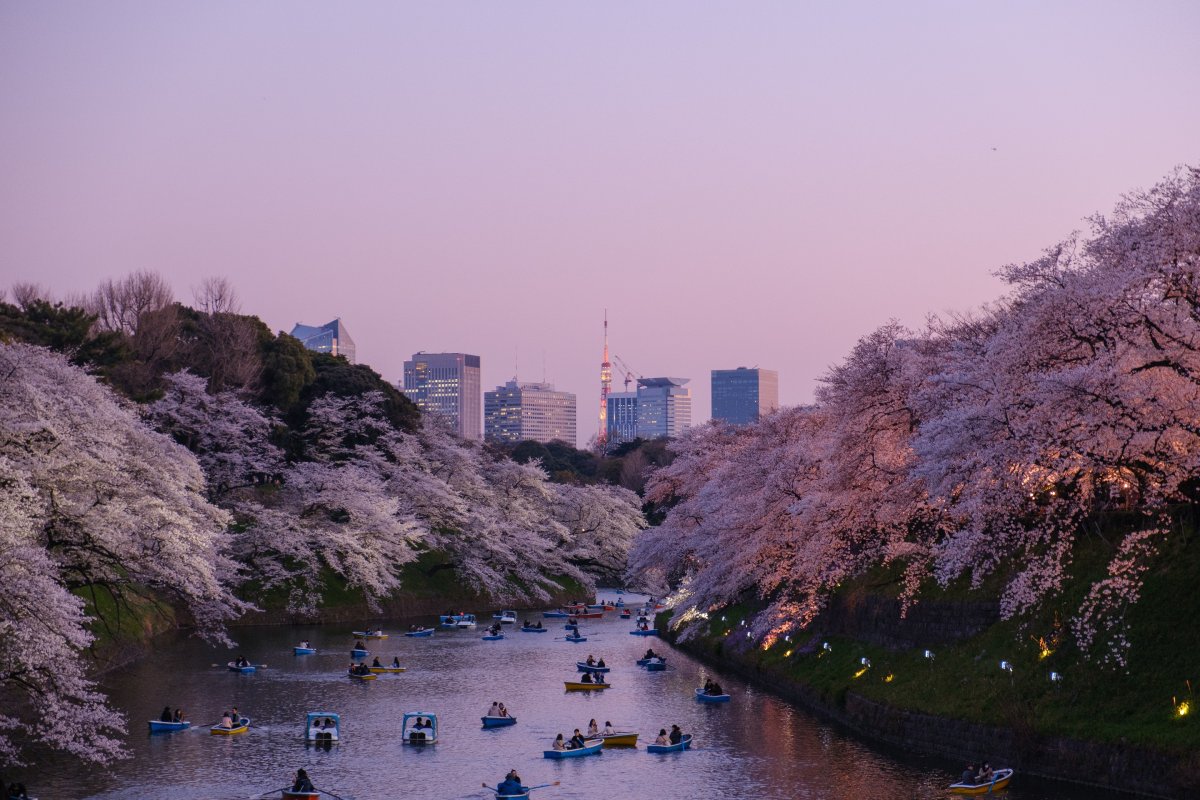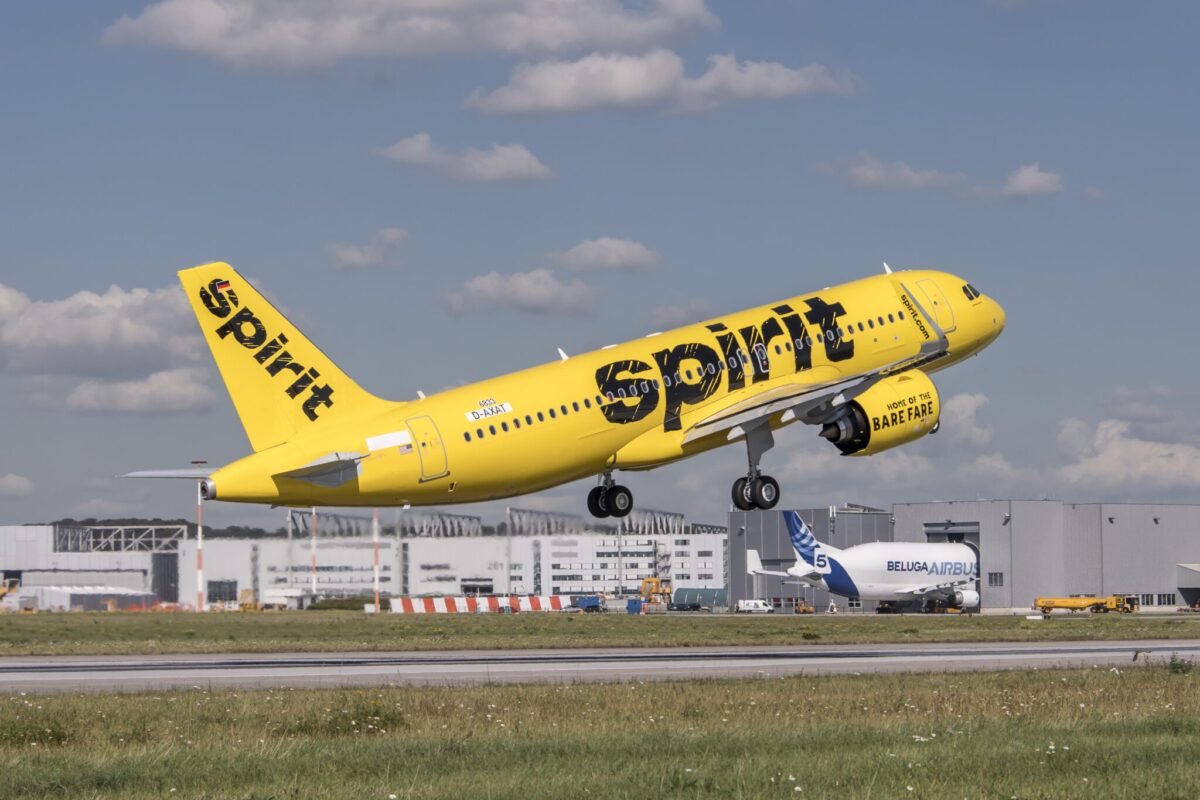Japan Has the Tourists for Cherry Blossom Season But There's a Service Gap

Skift Take
Japan is having trouble servicing tourists arriving from abroad due to staffing shortages, amid surging demand for its historically popular cherry blossom season.
Japan’s cherry blossom season, when the country’s iconic sakura bloom, is a peak travel season. An some 63 million people traveled to and within Japan to see the cherry trees, a 2019 estimate found. The season runs from March 2 to as late as early May, according to the Japan National Tourist Organization.
Bookings for cherry blossom season are at an all time high due to pent-up demand with travelers moving bookings from 2020 over to 2023. There’s no hotel accommodation left or the guides that are available are fully booked, said Kelly Torrens, vice president of product for Kensington Tours.
Since the borders were relaxed in October, international travel has trended upward. International visitors totaled 934,500 in November. In January, the number rose to around 1.5 million visitors, which is down from 2.7 million in 2019, according to the Japan Tourism Board. Travel demand in Asia is expected to accelerate now that China and other countries have lifted their restrictions.
By 2025, Japan aims to host a record number of visitors and increase spending from its pre-pandemic level by 25 percent to $1,500 (200,000 yen) per person, according a government plan draft. In 2019, Japan received nearly 32 million visitors, a record for the country.
At the moment, the country’s tourism sector appears to “not be as well oiled a machine as it used to be,” said Torrens. The pandemic took a toll on the industry and there’s been a shortage of airport shuttles, hotel reservations, and restaurant services, said Intrepid Travel Product Manager Karen Zhou.
About 78 percent of hotels recently reported they have suffered a labor shortage of full-time employees in January, according to Teikoku Databank. For part-time employees, it was a record 81 percent.
Coming out of the pandemic, many destinations experienced difficulty servicing international travelers after the long hiatus. For Chinese travelers, for example, the global tourism industry is experiencing a shortage of China-specialized staff, staff to process visas, and flights.
Japan was one of the last countries to remove its Covid restrictions. For over two years, Japan had some of the most strict lockdowns and border restrictions. In March 2022, the country started gradually easing its entry cap. In October, the government lifted daily entry caps. After May 8, the country will no longer require international travelers to show proof of vaccination or a negative test upon arrival.
The pandemic took a toll on Japan’s tourism sector. Before the pandemic, Japan’s Travel & Tourism sector's contribution to gross domestic product was 7.3 percent in 2019, dropping by 55 percent to just 3.5 percent in 2020, according to the World Travel & Tourism Council.
Due to lack of work during the pandemic, there are now fewer tourism industry veterans. In all areas of the travel supply chain, there’s been a lack of experienced workers, said Torrens.
Finding experienced tour guides, for example, has “definitely been a challenge” and Intrepid Travel has had to train staff on the job, said Zhou. Many experienced English-speaking guides are taking a wait-and-see approach this season before deciding to come back to the industry, said Torrens.




